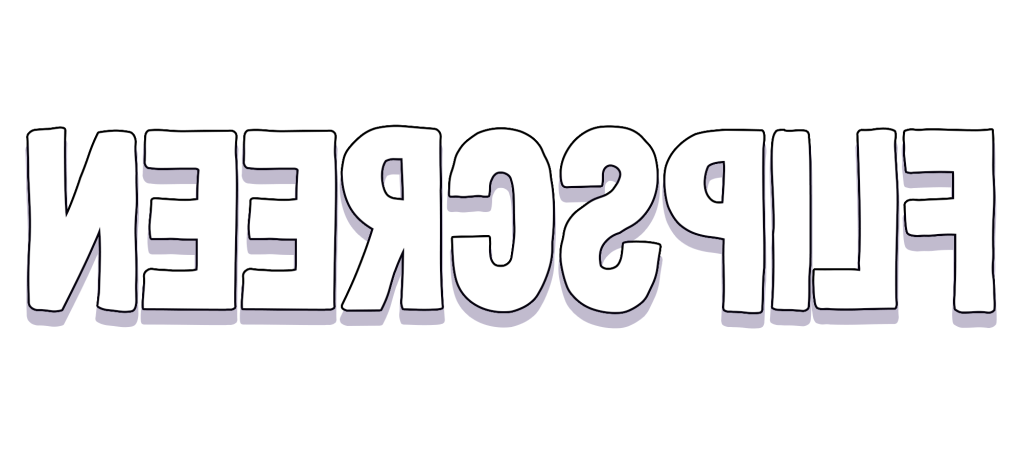★ ★
“Disappointingly flat, delivering platitudes instead of punch”
Thom Yorke has always been wary of the digital age. Radiohead’s breakout, possibly career-defining work, OK Computer, was an album of computerised alienation and political pessimism. Released in 1997, it stood in stark contrast to the overwhelming mood of Britain (and much of the world) at the time: Blair was in (and that was a good thing), the economy was up, democracy was flourishing – yet Yorke and his bandmates were insisting that we were falling asleep at our technologically advanced wheel.
Now, the vaguely worrying warnings of OK Computer have turned into depressing realities. Radiohead have sadly been vindicated by the Iraq War, the Great Recession, Trump, Brexit, the Climate Crisis, the Refugee Crisis – you name it. A new world is upon us and it looks worse than the old one.
Amongst all this turmoil, Thom Yorke and Paul Thomas Anderson have made Anima, a film accompanying Yorke’s solo album of the same name. Anderson is a frequent Radiohead collaborator: he directed their most recent music video (Daydreaming) and the band’s multi-instrumentalist Jonny Greenwood has scored all but one of his films since There Will Be Blood. They’re all known to be good friends; their familiarity is evident in fireside performances shot by Anderson and uploaded to YouTube with casual titles like “Jonny, Thom & a CR78”.
Though Anima is more than that. It’s clearly had a lot thrown at it, shooting in Provence and Prague and utilising an impressive collection of sets and performers. It’s marketed by Netflix as a “one-reeler”, a “short musical film” and a “mind-bending visual piece”; yet for all the project’s ambition, for all both artists’ proven talent, Anima feels like a bark with no bite.
From the first frames, it’s clear what the film will be focusing on. We see a subway filled with weary, gormless people – it’s familiar territory for Yorke, who’s been lamenting our collective lack of engagement since the nineties. There’s some sleepy-looking dancing which highlights our collective lack of engagement. Thom then fights his way through hordes of dancers who move like malfunctioning robots and who highlight our collective lack of engagement. There’s a vague plot in which a woman (what else?) provides him with some fleeting human connection, which ultimately highlights our collective lack of engagement. Get the picture?
It’s just plain predictable. The journey Yorke’s character goes on is symbolic, but the symbols are obvious; thin cardboard representations which hold no power in themselves. Metaphors should illuminate truths about reality by making us see it in different ways – Anima never does that. We always know exactly what it’s up to and it’s the same thing Thom Yorke has been peddling for twenty years.
His music feels stale too. It’s the kind of music for which fusty rock critics love to stroke their beards, mutter something about Orwell and dish out a perfunctory four out of five stars. Yorke lays down glitchy electronica with some of the repetitive structural components of techno, but it’s too scared to ever become dance music and too monotonous to work as pop music. All of which would be fine if it only mattered – but as Yorke intones drab messages (“party with a rich zombie” is about as exciting as it gets) over dreary synths and tired handclaps I must wonder: how relevant is his angst these days? A new world – one where his prophecies have now come true – demands a new attitude.
But maybe the most disappointing thing about Anima is that Anderson’s presence is rarely felt. His visual acrobatics have never been what’s made him a great filmmaker (a few zingy Steadicam shots notwithstanding). This format doesn’t really suit him – rarely does he visually elevate the film’s abstract sets and never is he given an opportunity to do the character work he’s so good at. He also doesn’t suit Yorke’s music (despite their evident chumminess); his grand, analogue, widescreen approach clashes with Yorke’s twitchy electronics.
Some of the contraptions on show here are cool (a light show in underground caves, a malevolently tilting slide) but they’re filmed to look flimsy and insubstantial, like a video of a modern art exhibition which can’t capture the experience of actually being there. The dancing is interesting but adds little to the overall impact – not to mention that Yorke, playing the lead, is noticeably the worst dancer on screen. The sun-dappled ending looks lovely but fails to make the piece worth more than the sum of its cheap parts. Anima is a film that never makes it out of third gear.
When two talented artists collaborate, we hope that they’ll push each other so that their collective mind will reach somewhere new – where neither could have reached individually. But Anima is largely uninspired and uninspiring. It uses bland methods to teach us lessons we learned years ago. In the end, it’s less mind-bending and more shrug-inducing.
Dir: Paul Thomas Anderson
Prod: Paul Thomas Anderson, Erica Frauman, Sara Murphy
Cast: Thom Yorke, Dajana Roncione
Release Date: 2019
Available on: Netflix


Leave a comment